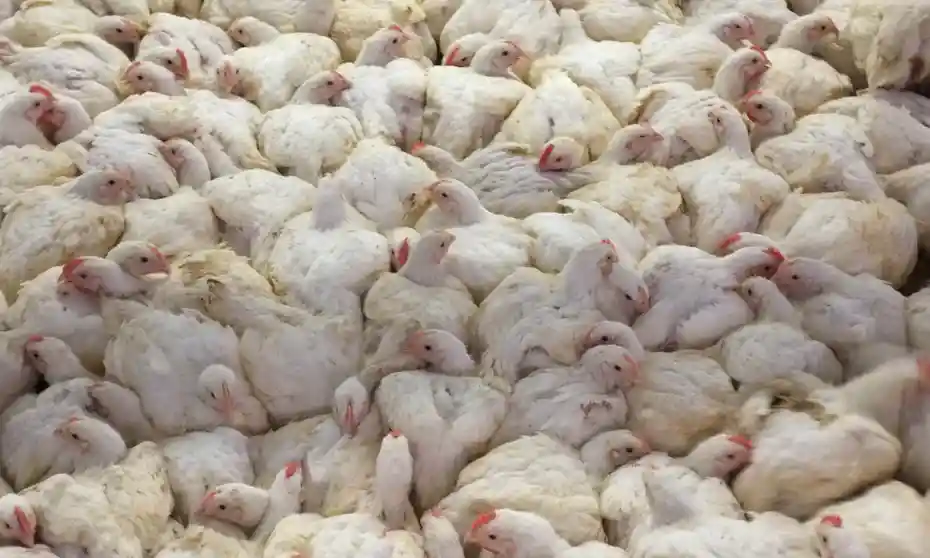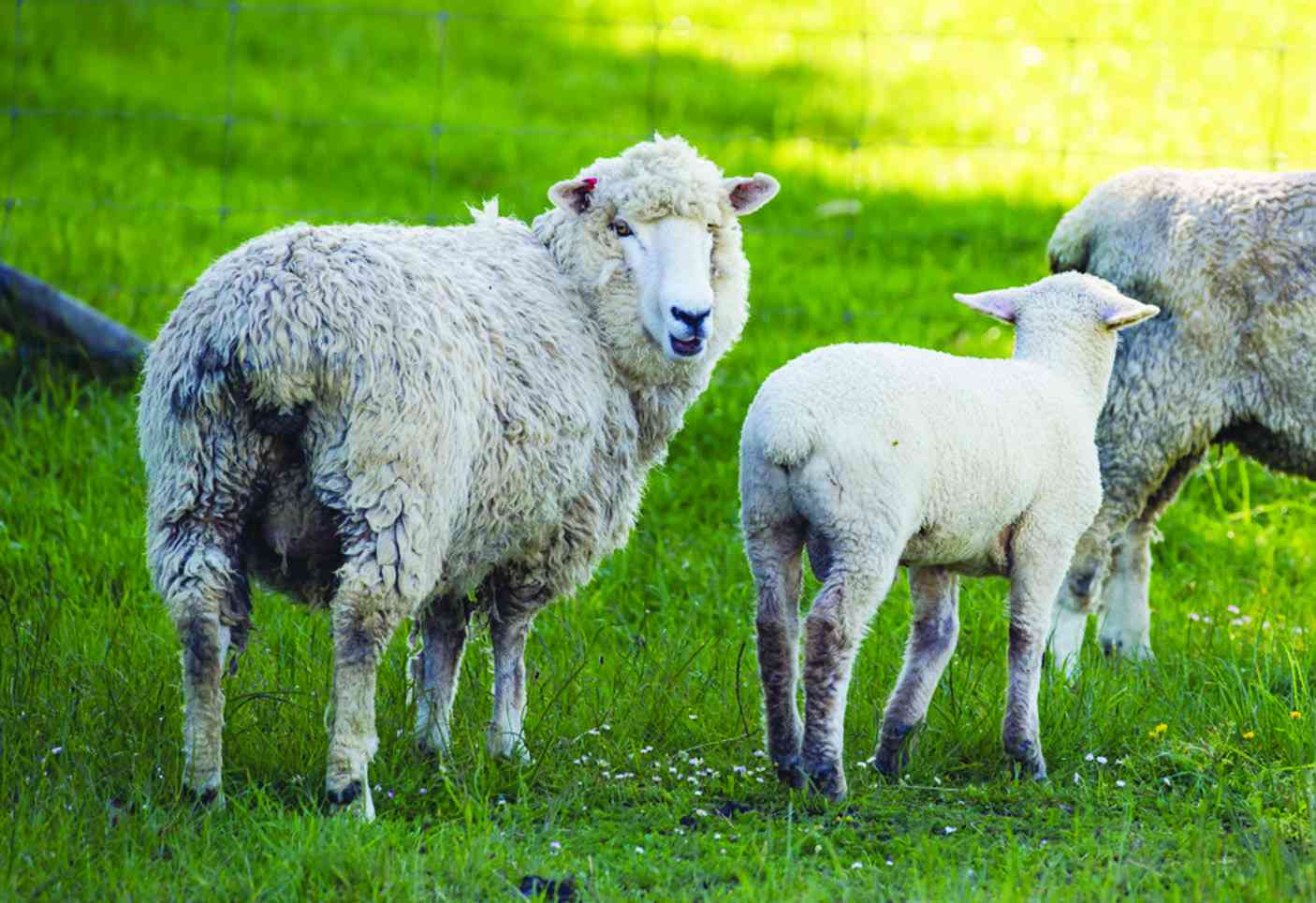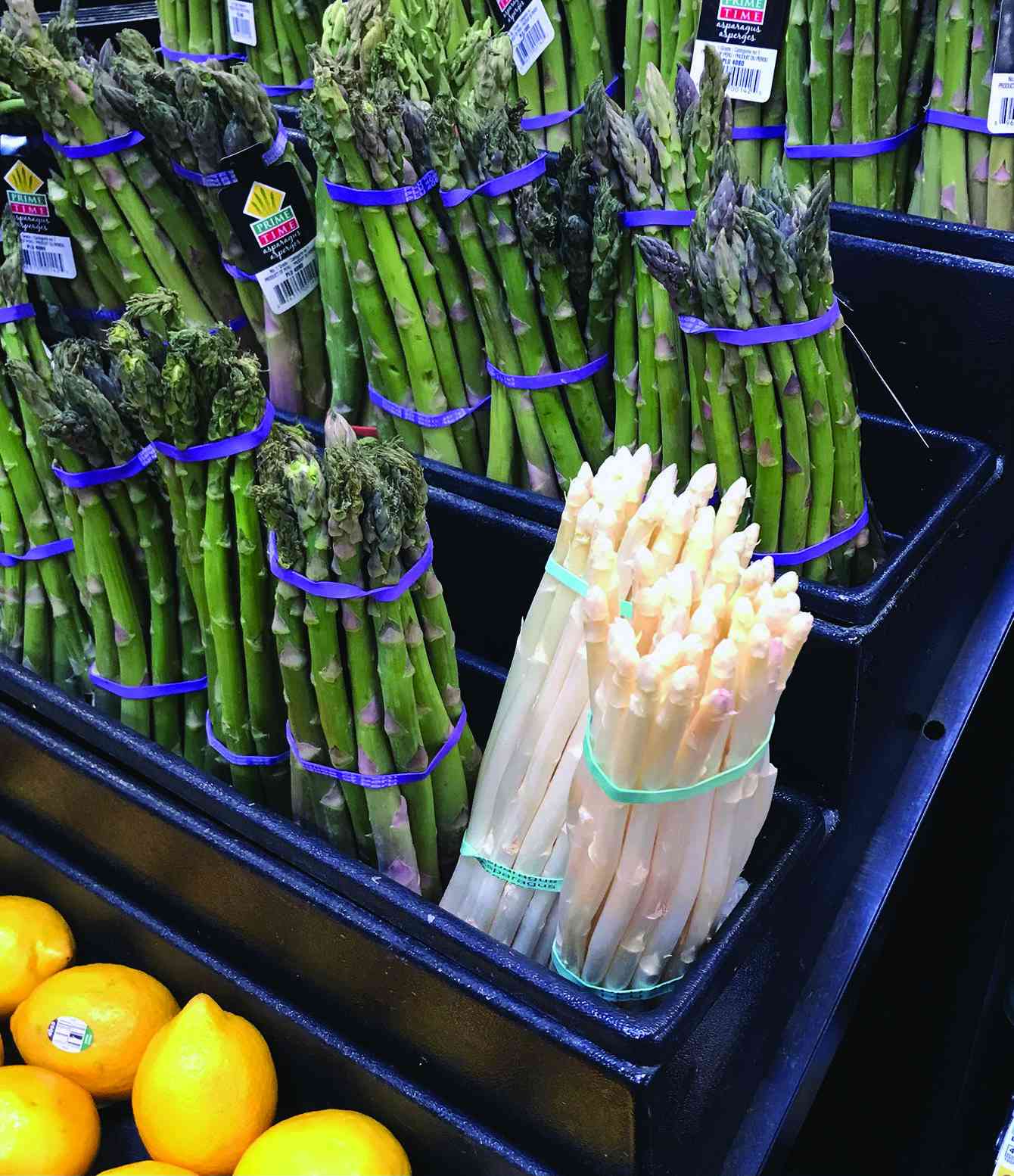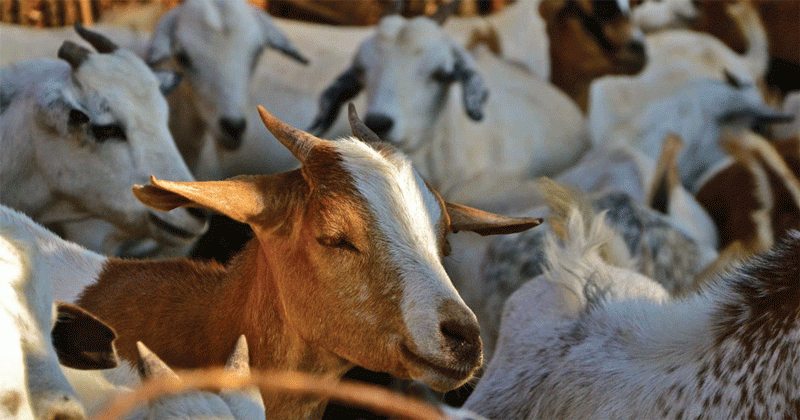
Kudakwashe Gwabanayi THERE has been a lot of construction going on around the country. At almost every kilometre in the city centre and the industrial areas, one or two buildings are being renovated.
In some instances, buildings are being built from the ground.
There are also a lot of road works.
While many view these developments as mere construction projects, farmers must look at them as opportunities to make money. Cases in point area eatery being constructed along the Harare-Bulawayo Road in Warren Park suburb, and another close to Kuwadzana.
Along the same road, on the outskirts of the capital, there is an open air joint where revellers enjoy braais.
There are more fast foods outlets along that highway — the Harare-Bulawayo. What this means for farmers in and around this belt is a new market for farm produce.
Potatoes, chickens, lettuce, tomatoes, onions, cucumbers, pork, beef and fish, among others, are the main consumables in these new establishments.
Farmers need to make an early contact with those managing these outlets and secure long-term contracts because most, like Chicken Inn in Norton, might be getting their potatoes from as far as Mazowe when farmers in Norton are struggling to take their potatoes to Mbare Musika in Harare.
- Chamisa under fire over US$120K donation
- Mavhunga puts DeMbare into Chibuku quarterfinals
- Pension funds bet on Cabora Bassa oilfields
- Councils defy govt fire tender directive
Keep Reading
Farming for the community reduces transport costs.
In addition, the customer can be involved in the management of the end produce so that they can easily tell you what it is that they are expecting.
However, it also requires the farmer to be flexible so that one can explore new opportunities.
Many farmers around the Norton area are into cabbages and tobacco farming.
But when you have an increased demand of chickens and potatoes, you need to move with the times so that you are able to make money.
It must always be remembered that farming is a business. People get into it to make money.
What is key is to establish a relationship with the new settlers as they come in and make annual plans. At times farmers can influence the market to have new products.
For an example, in Norton, because of its proximity to Lake Chivero and Darwenadale Dam, there is just too much fish being sold there. It is quite obvious that residents need a wider choice of meats.
Farmers in the area can organise themselves and form a market for meats like goat, duck and road-runner chicken.
This will give them a competitive edge as long as they are priced fairly.
In a single month, the Chicken Inn outlet at the Dzivarasekwa turn-off requires 16 000 chickens.
This presents an opportunity for farmers in the area, who can consistently supply them.
Most restaurants and eateries prefer tender meat which means that whatever livestock you will be selling must not be too old.
It is highly advised that before one embarks on any project, especially when farming for the community, they must meet the market and get specifics of what is required.
For an example, there are different types of tomatoes.
Some are huge and suitable for a burger, while others are small and juicy to make good soup.
There are also a lot of potato varieties, some are huge and good for fresh chips, while others are small but make good potato salad.
Some potatoes are not for the table, they are used to make crisps while other varieties are only used for making drinking liquids.
Put simply, Chicken Inn cannot buy your roadrunner chickens; they want five-week old broilers that take less time in the oven.
But before embarking on the long-term plans, there is a ready market. People at construction sites need to eat and these sites offer opportunities for farmers to make money.
One farmer along the Beatrice road claims that he sold 80 goats to the people who were constructing the road past his farm.
He said they favoured his boer and hard mashona cross breeds as they said that they had more meat.
A goat can serve 40 people in one meal.
In fact, he said he took maize meal out of his granary, planted tomatoes and slaughtered goats for them.
Apparently even as they moved further away from his farm, they still ordered his products and he continued to make good money.
So, before looking far away for markets for any of your farm products, check what your neighbours require.
Many in broiler chicken production will tell you that their biggest customers are their neighbours.
- Gwabanayi is a practising journalist and a farmer in his own right. — 0772 865 703 or gwabanayi@gmail.com










